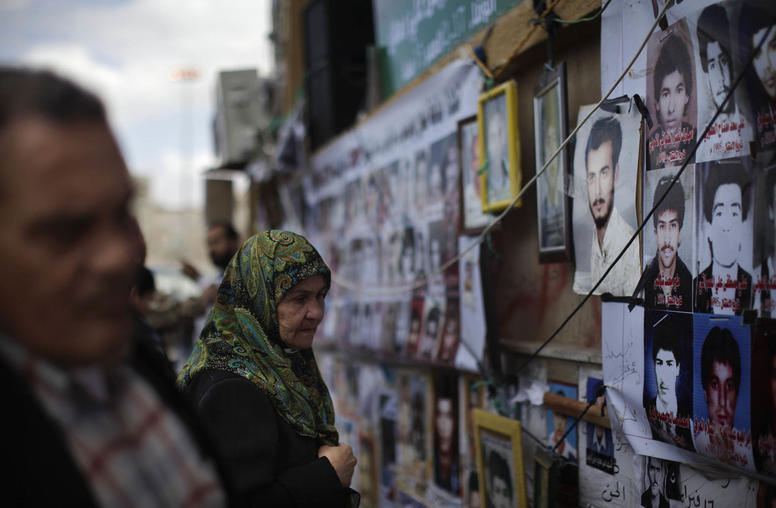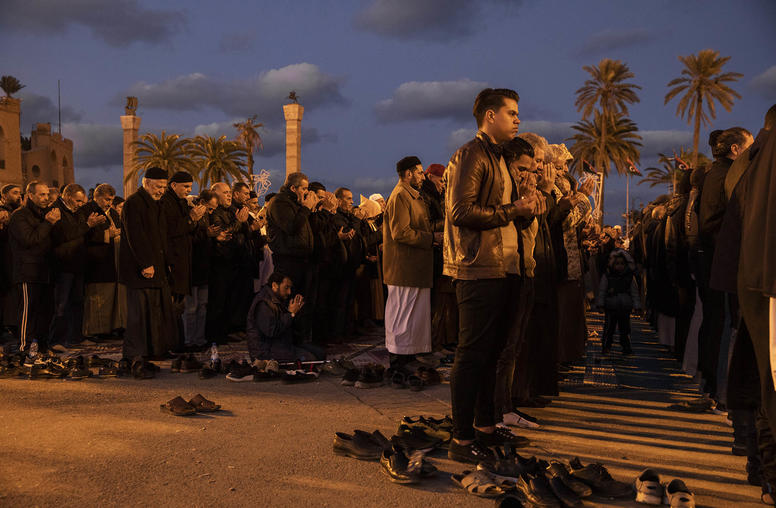Mehdi Bchir
Contact
Please submit all media inquiries to interviews@usip.org or call 202.429.3869.
For all other inquiries, please call 202.457.1700
Mehdi Bchir is a North Africa specialist with extensive experience in peacebuilding, governance and international affairs. Currently, he serves as the regional representative for the United States Institute of Peace in coastal West Africa. Bchir has held various positions within the United Nations Development Program, focusing on stabilization and conflict management.
In addition to his work with the UN, Bchir has collaborated with organizations such as the World Bank Group and strategic consultancy firms. His expertise extends to the financial investment industry, where he held senior positions in major global banks and investment firms.
Bchir is also a published author on topics related to international finance and political risk. He holds a master's degree in international studies and diplomacy from The University of London’s School of Oriental and African Studies (SOAS) and a bachelor's degree in international business management from the Anglia Ruskin University in Cambridge, UK.

